In my pre-Oscar predictions, I wrote “we are now in that brief period where Christopher Nolan, the most significant director of the past two decades, is not an Oscar winner, and by the time people read this on Monday 11 March, that will no longer be the case.” And so it has proved. Oppenheimer won seven awards, including Best Film, Best Director, Best Actor and Best Supporting Actor. The only accolade that it might reasonably have expected to take that it was disappointed in was Sound, but The Zone of Interest deservedly nabbed that one.
Otherwise, I’m very happy with my predictions, including calling Emma Stone over Lily Gladstone: the only moment in the ceremony that could be described as any kind of surprise, although even so, Stone’s titanic performance in Poor Things was always that film’s best chance for recognition.
But what of the show itself? There was a lot riding on it this year — the first time since, probably, 2013 and Argo that a big mainstream film had won, and the first since time 2004 and The Lord of the Rings: Return of the King that a blockbuster had taken the top prizes. The Oscar producers knew that they had to step up with a mixture of modest innovation and safety-first conservatism. The return of Jimmy Kimmel as host, for the fourth time, was a nod to the necessity for an experienced pair of hands to act as MC, and Kimmel did a decent job, keeping the digs at Matt Damon to a minimum, finding room for a Trump joke at the very end in response to the Donald’s pot-shots at him on Truth Social and generally ensuring that what could have been a predictable ceremony moved at a swift pace.
There were some nice touches, and a few genuinely stunning highlights. Ryan Gosling’s magisterial performance of the Oscar-nominated “I’m Just Ken” from the Barbie soundtrack — complete with Slash wildly soloing on guitar — was a real viral moment, giving the largely snubbed Barbie its three minutes of glory and splendor, and also showing how that, rather than Billie Eilish’s ballad “What Was I Made For?”, should have won the Academy Award for Best Song this year.
The decision to have past Oscar winners return to hand out the awards in various categories was amusingly unorthodox — five points if you can remember the film that Tim Robbins won an Academy Award for — and it also allowed Nicolas Cage, whose career seems to have returned to mainstream orthodoxy, a welcome brief moment of loopiness as he feted Paul Giamatti for his performance in The Holdovers. And John Cera’s naked presentation of the Best Costume Design award to Poor Things was an uproarious brief moment that provided much-needed laughs in the earlier part of the evening.
Several of the speeches were humble and well-judged, if largely unmemorable; the highlights were probably Robert Downey Jr’s quip that he owed his award to his “terrible childhood, and the Academy, in that order,” and possibly became the first Oscar winner to allude to his time in jail, which he referred to as “the hoosegow”, as well as some of the comically exaggerated glares that he directed towards Kimmel when the host referred to the actor’s previous drug abuse.
Politics were largely off the menu, although Zone of Interest director Jonathan Glazer, winning for Best Film Not in the English Language, trod the delicate line of referring to both sides in the Israel-Palestine conflict, even as he drew parallels between that and the Holocaust subject matter of his film. And some big names were acknowledged, not least Wes Anderson, who won his first Oscar, for his short The Wonderful World of Henry Sugar. Perhaps typically, Anderson was not on hand to collect it. He may have reflected that he received his first nomination, for Best Original Screenplay, in 2001, and that one of his competitors was his fellow Oscar-winner Christopher Nolan: that year, both lost to Julian Fellowes and Gosford Park.
If there was a film that dominated the night it was Oppenheimer, and the man of the ceremony was undoubtedly Nolan himself. He was handed his long overdue Best Director award by Steven Spielberg, and those attuned to symbolism may have seen it as a handing of the baton by the premier purveyor of intelligent blockbuster cinema in the twentieth cinema to his successor in the twenty-first. Not, of course, that the two men are particularly similar; Nolan’s Schindler’s List is unimaginable, just as Spielberg’s Dark Knight would never have worked.
Yet during a typically gracious and intelligent acceptance speech, Nolan said “movies are just a little bit over 100 years old. We don’t know where this incredible journey is going from here. But to know that you think I’m a meaningful part of it means the world to me.” The industry may be beleaguered, and who knows what’s going to happen to it this year, or next year. But the 96th Academy Awards, at least, suggested cinema doesn’t need the last rites read to it just yet.



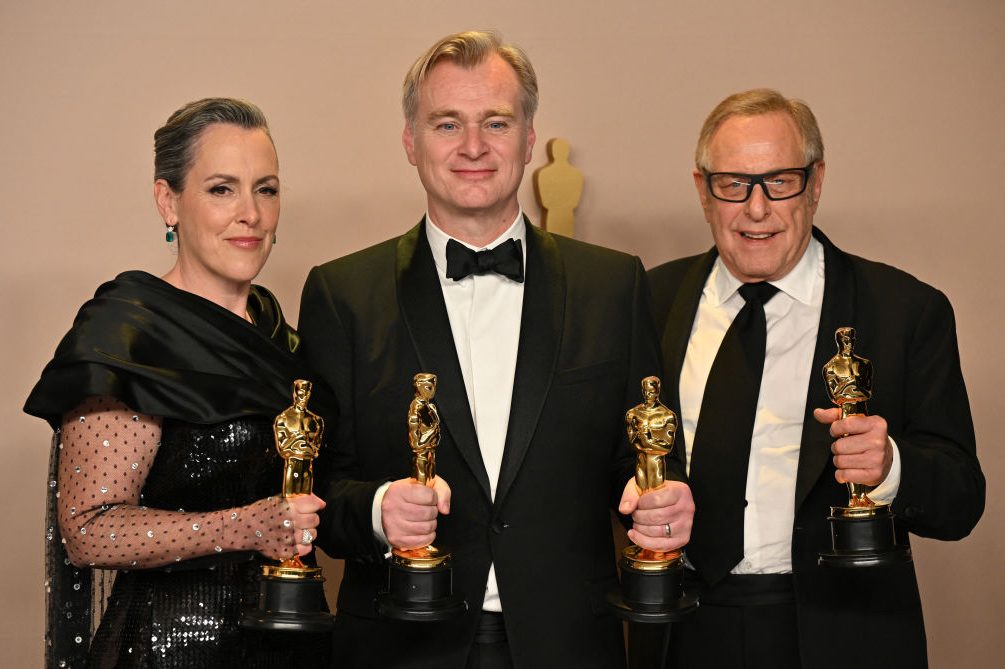


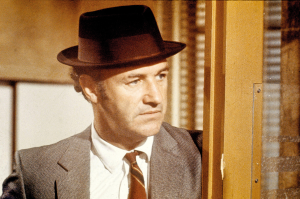




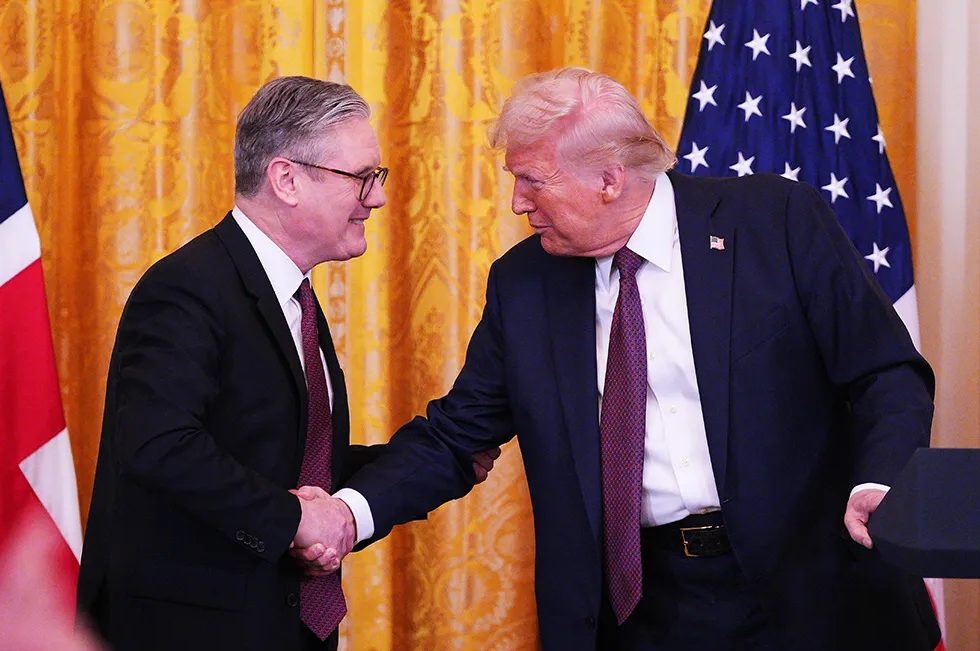
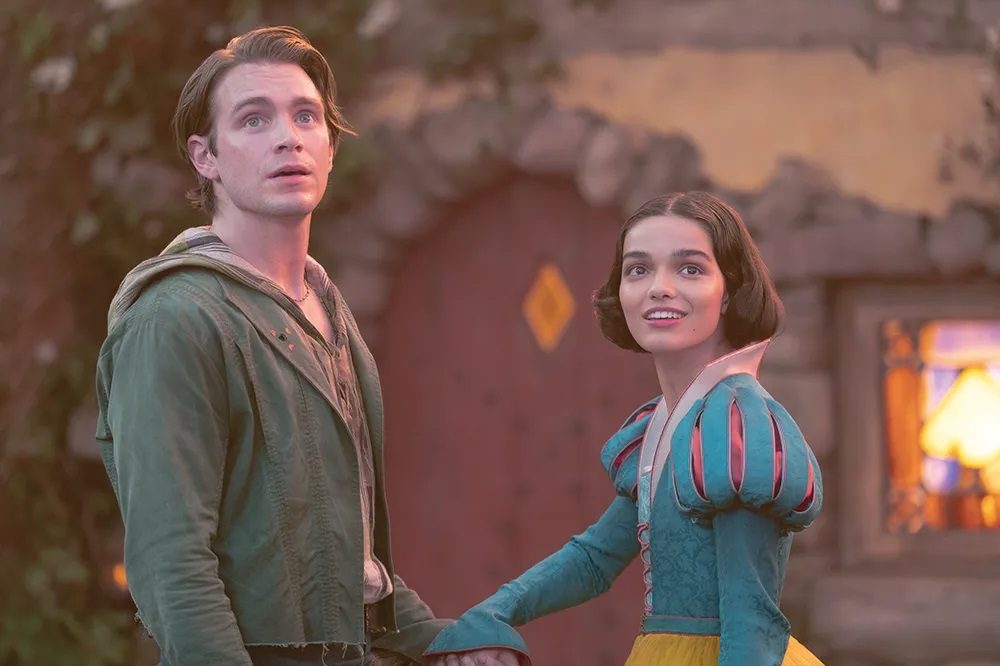
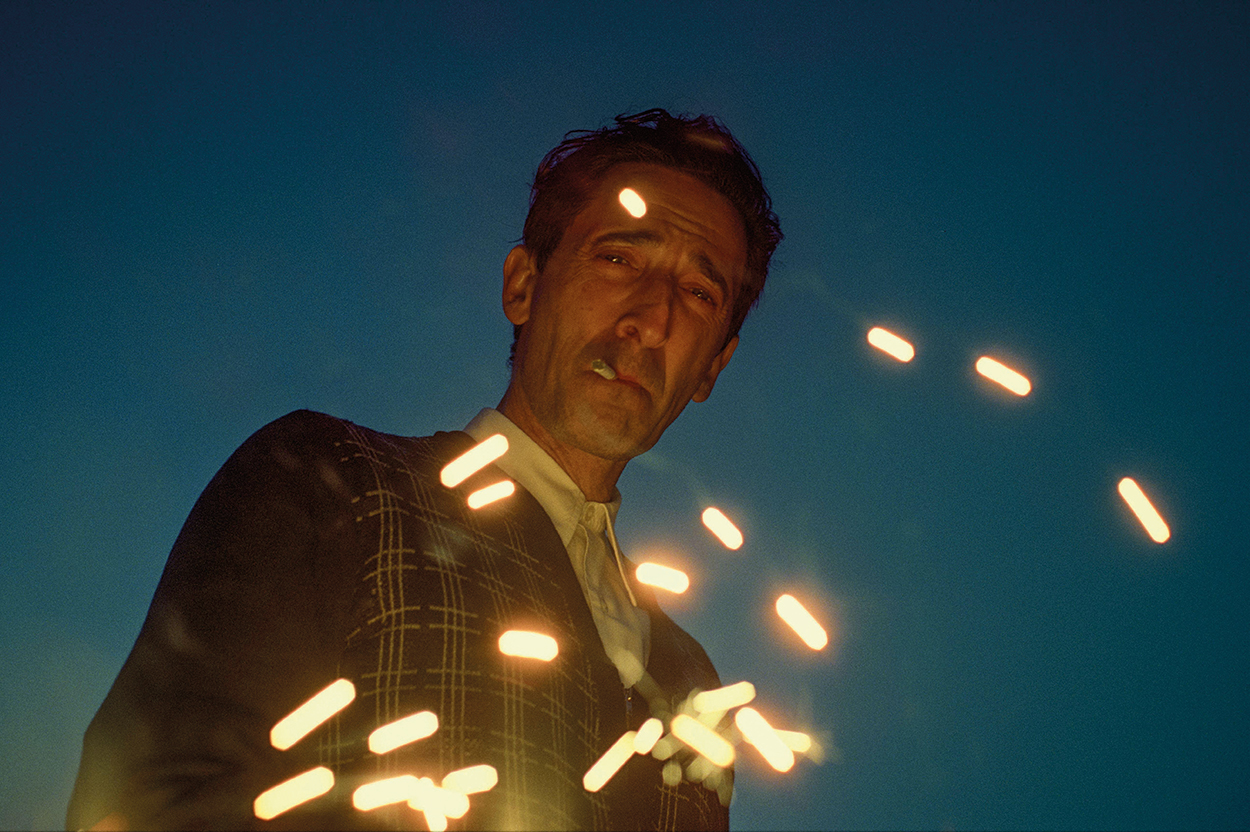








Leave a Reply